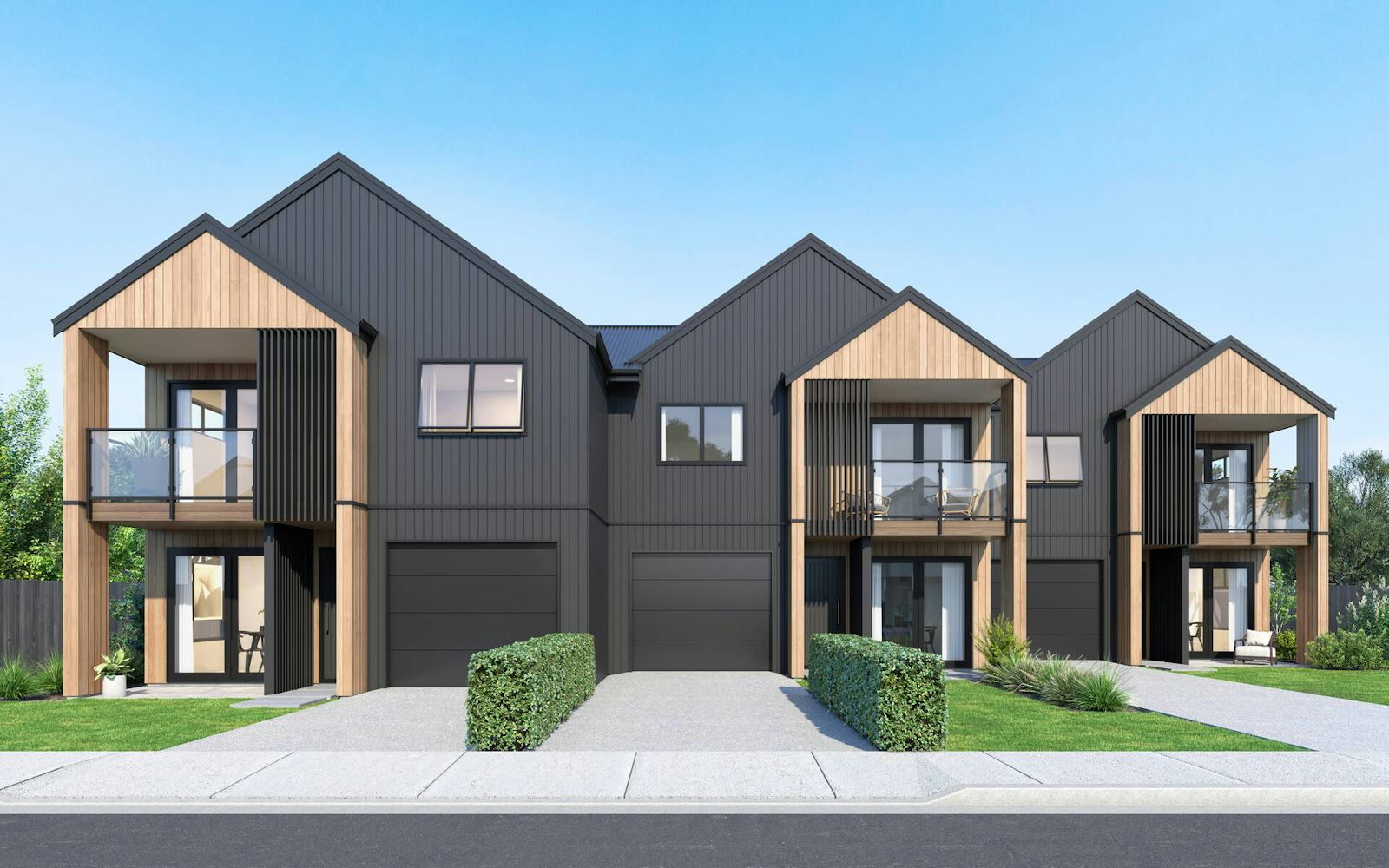Financing a multi-unit development
Posted on April 5, 2021 in Finance

This blog was developed in partnership with One50 Group.
As you’ve no doubt heard by now, the government has announced some major changes to housing policy that will affect many home owners and investors. The key thing here is not to panic.
In terms of the new rules stating you can no longer offset interest payments against tax: if you have a solid property, bringing in good cashflow, the extra tax cost per year shouldn’t affect you too much. Compared to the huge capital gains we’ve been seeing recently right across the country, a few extra thousand dollars in tax per year should be easily manageable. If you have an existing property, the changes will be phased in over four years.
New builds exempt
The good news is that the new interest offset rules don’t apply to new builds. Exemptions will apply but we’re not sure at this stage how long this will apply to a property (ie how many years a house will be classed as a “new build” before the rules kick in). The new 10-year bright-line test will also not apply to new builds. They will be covered under the existing five-year test.
A key question is, how good is your cashflow? Have you thought about sub-dividing your property to give the adult kids their own place out the back, building a home and income to accommodate grandad, or maybe just multiple units on one large site to maximise the cashflow and add value? These are great options to ensure you’ll still be OK even if rules change again or interest rates go up.
Check out our exciting range of multi-unit plans here in our Urban Collection. Our specialist service takes care of the entire building, subdividing and selling process.

Benefits of building multi-unit developments
Do you have the ability to subdivide or even build a minor dwelling on your current property? Building multiple units on one site (where possible) is a great way to enhance returns by keeping costs down and returns up.
There are many areas with unique zoning that allows duplexes (such as inner Hamilton) and multi-unit sites, such as numerous areas of Auckland under the unitary plan, which has been recently overhauled to allow higher density housing in more areas to help meeting housing demand. Many zones have been reclassified to allow for terraced housing and apartments, such as Hobsonville, Whenuapai and parts of Albany.
Leveraging your equity
If you’re an existing homeowner, you can potentially borrow 100% to invest or develop land. How? By using the equity you’ve built up in your existing home as your deposit. If you’ve owned property for the past five to 10 years, you’ve likely built up lots of equity (for example, the median house price for Auckland has jumped from around $570,000 in January 2014 to $1.1m in February 2021, Bay of Plenty showed a median price jump of $369,000 to $848,250 and Christchurch showed growth from $380,000 to $561,000 over the same period, meaning you can borrow against that gain for your new build.

Friends & family
We are seeing more and more families buying and building together. For example, say a son has a decent deposit, and his mum owns a good plot of land. They can go in together as a joint venture to build terraced housing and then share the profits. Intergenerational home and incomes are also a great way to get the kids into their first home. Mum and dad can leverage them in by using their existing equity to finance the build.
Building for the future
If you were to build and then sell immediately, you may very well be up for tax on the profits if your intention was purely to make fast money.
To avoid the tax implications of being a developer, you can build to invest long term (five years plus). The newly extended bright-line test treats any financial gain made on the sale of the property within the specified period as income, which can be taxed (five years for new builds, 10 years for existing properties). It is that income - in essence the capital gain - not the whole value of the property, that is taxed. The profit made from the sale will be added to the person's income and will be subject to the marginal tax rate. The rule also applies to any New Zealand tax residents who buy overseas residential properties. Exclusions for the rule include a person's main home, a main home held in a trust, or a residential property that is inherited.
What this basically means is that new build investments are capital gains tax free if you hold them over five years.
If you’re in doubt or would like any specific advice around financing a duplex new build, please contact our financial services partner, One50 Group, or if you’d like to have a chat about any of Signature Homes’ multi-unit plans, click here.
